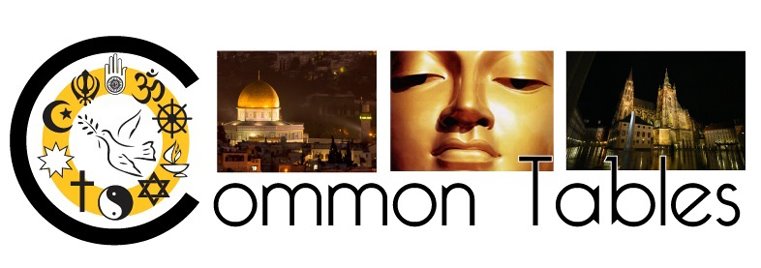We are approaching social change pluralistically. The Pluralism Project, run by Harvard University, distinguishes between diversity and pluralism as: “Diversity can and often has meant isolation. The dynamic of pluralism, however, is one of meeting and exchange.”
Belief systems are the foundation for core values and that impacts the decision-making and alignment of all people. Meanwhile, individuals struggle to integrate and function in an increasingly diverse and complex environment. This is often based upon fear of the unknown. Many people feel a sense of separation that is perpetuated by the exclusive nature of most of the world’s religions. Add to this the fear of judgment by a deity or church leaders, and we have people that observe each other from afar but generally are reluctant to interact socially. Yet we wonder why world strife and killing in the name of an honored theology persist worldwide.
The 2003 Gallup Religious Tolerance Index suggested that in this country, 17 percent believe they alone know what is true and are labeled isolated or exclusivist. By comparison, 46 percent are labeled tolerant, or “sort of” inclusive. That leaves 37 percent who are called integrated or pluralistic, people who tend to be religiously involved as well as interested in others.
These figures should allay the fears which most of us have harbored at some point that “those folks over there are taking over everything.” Diversity reigns and is not going away, so we need creative ways to build relationships. That’s where Common Tables focuses. We know we can provide the support needed by the 37% that are pluralistic – and we believe we can influence many of the 46% that are tolerant to move into a pluralistic context of thinking.
With a target goal of three million Common Tables members by the end of 2008 – or 750,000 simultaneous dinner meetings - even a relatively small percentage of participation by the pluralistic and tolerant segments of our society will create the change we envision. This is a bottom-up approach that will span across the perceived barriers between our increasingly integrated yet isolated nations.
New Home, Same Blog. Or Not? It’s Up to You
16 years ago


No comments:
Post a Comment